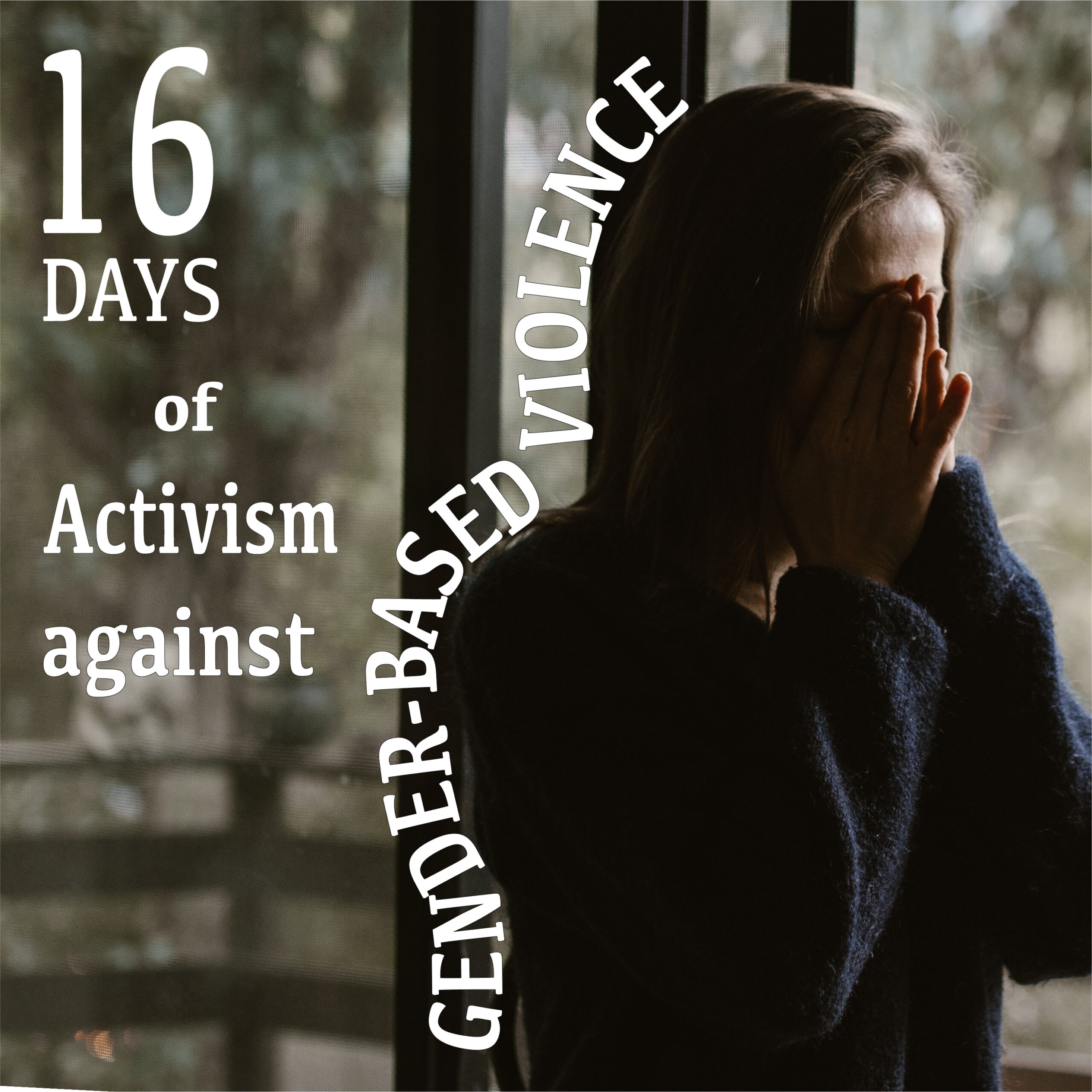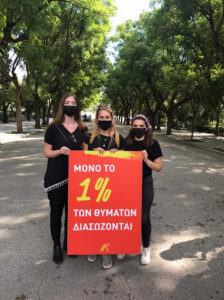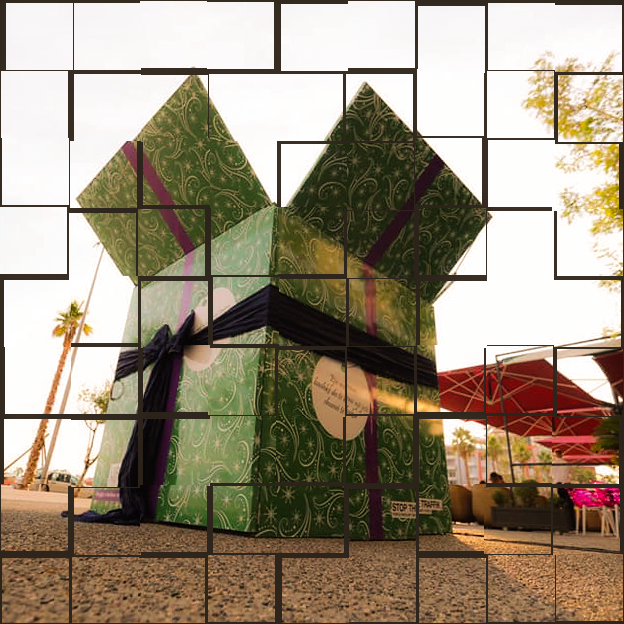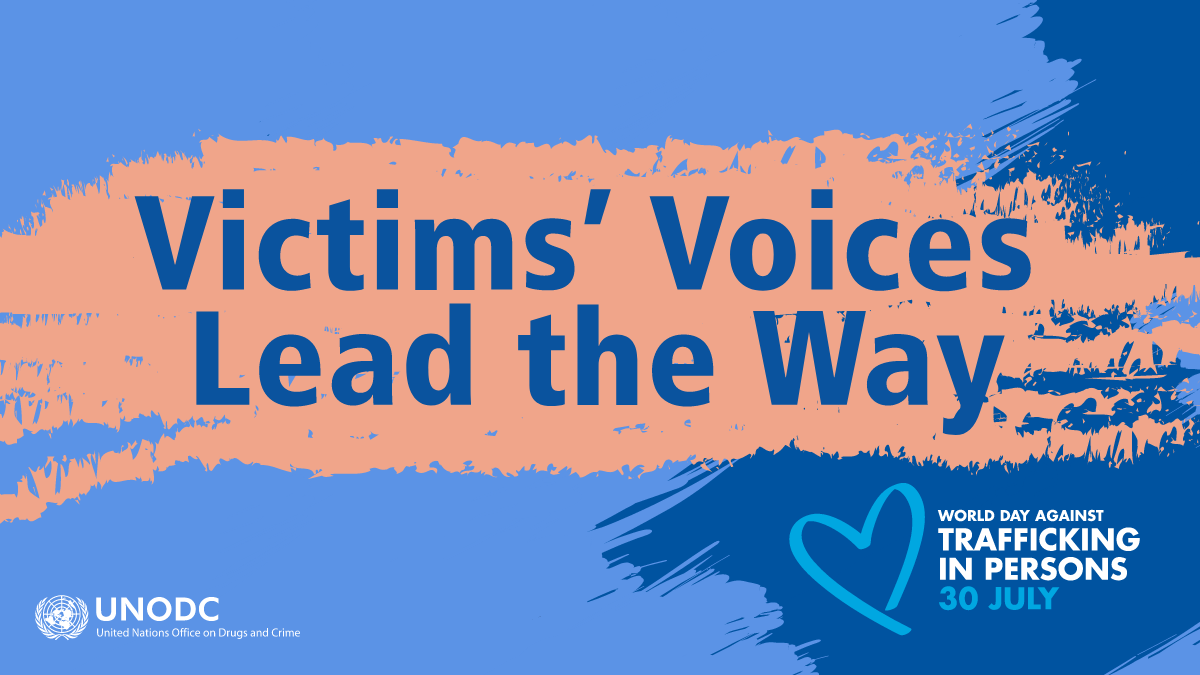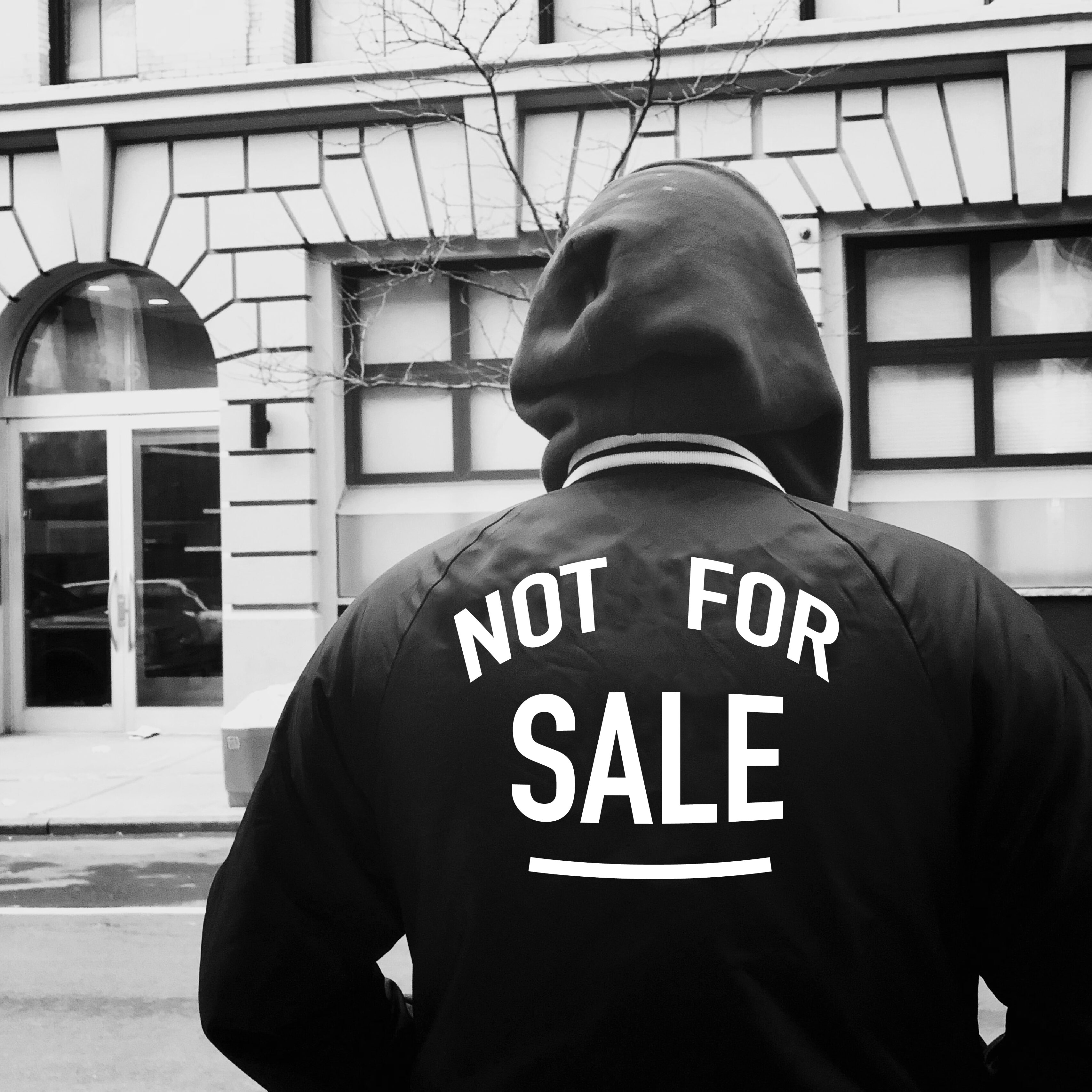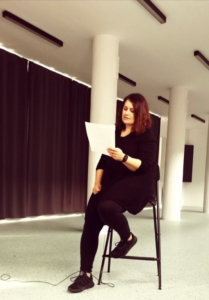Source: Independent Catholic News
Author: Jo Siedlecka
A festival of films dedicated to human trafficking took place on Sunday at the Royal Society of Arts (RSA) and British Academy of Film and Television Arts (BAFTA).
Organised by RENATE (Religious in Europe Networking Against Trafficking and Exploitation) the day Included an exhibition of art by victims of trafficking, and the announcement of the winners in a short-film competition – with a viewing of their works.
Loreto Sister Imelda Poole MBE, director of RENATE came from Albania to open the festival. She said it aimed to provide a platform for survivors of human trafficking by highlighting their stories and showcasing the work of Religious across Europe who assist victims and lobby for tougher legislation to end the practice.
Dr Jon Hackett, head of the Department of Communications, Media and Marketing and Professor of Film and Communications at St Mary’s University, Twickenham, compered the day and Dr Carol Murphy, Director of St Mary’s Bakhita Centre for Research on Slavery, Exploitation and Abuse also commented on the films
Nine films made by RENATE members and friends were shown at the RSA in three viewing areas, followed by discussions. Sr Imelda Poole moderated discussion in one area after the screening of ‘L’invisibles’ about street children in France, produced largely by Secours Catholique – Caritas France, and the documentary ‘Sisters Act’ about the work of RENATE in Albania. Viewers’ questions ranged from the role of drugs and alcohol, the issue of patriarchy the live-streaming of children as young as two-years-old to sexual predators. There were concerns about increasing drug trafficking and gang culture in Britain and calls for systemic change since human vulnerability is worsened by economic hardship and environmental problems.
‘Ivan’ from Slovakia, highlighting the heartbreaking true story of a man tricked into forced labour in slave-like conditions, was followed by ‘Two little girls’, an animated short film highlighting the broken dreams of two young women sold into prostitution after moving overseas for work. Brigidine Sister Patricia Mulhall, who has worked with trafficked people for more than 15 years, locally and internationally, led a discussion on these. She felt the ‘demand’ side of trafficking should be investigated more and asked why it is that the victims are more like to face being criminalised than their abusers.
Sr Marie Power of TRAC (Trafficking Awareness-Raising and Campaigning), moderated discussion in another room, looking at films including, ‘They’re children not slaves’ focusing on Albania. She said that her organisation, formed by 16 religious congregations in the UK, works with RENATE, “to give victims a forum to tell their stories”.
Presentations were made to winners of the Europe-wide RENATE short-film competition for young people. First prize went to Elliott Engberg, a student at the Warsaw Film School. His movie ‘Traffic’ , showing the commodification of human life, was uncomfortable viewing but strikingly powerful. Speaking from Poland by zoom he said: “this is a topic I care about and I wanted to force the audience to view a the scene of a young woman being abducted and sold to the highest bidder online – probably on there dark web. This happens every day.”
Second place for ‘Humans – Not for Sale’ went to A level students from London, Joel Black and Shadman Jabir. They used a hand-held camera to film ‘victims’ trying to escape, highlighting their vulnerability and disorientation. The third place winner was young animator Emily Downe. Her highly original film ‘Plain Sight’, based on drawings she made while walking around Soho, showed how victims of modern slavery are there in our city streets in broad daylight – and we need to be more conscious of their presence.
There were calls for the UK’s Modern Slavery Act of 2015 to be better enforced. And it was felt that the international Anti-Slavery Day on 18 October is a key opportunity to highlight human trafficking and its causes, using some of the festival’s 12 films to raise awareness.
All the films are available on the RENATE Events website: www.renateevents.net/
For other media coverage of the film festival, see Ellen Teague’s article on The Tablet

.png)





